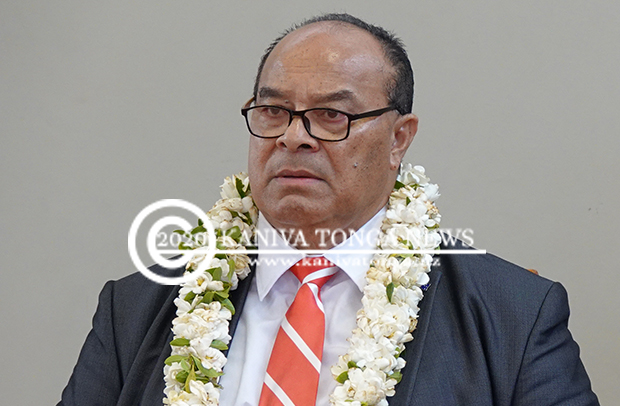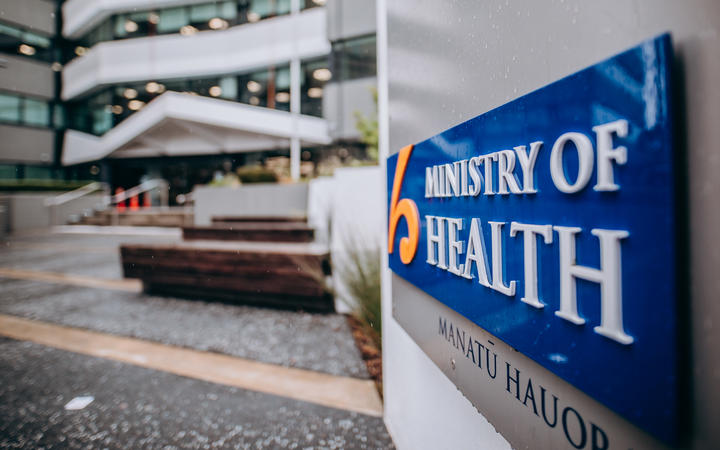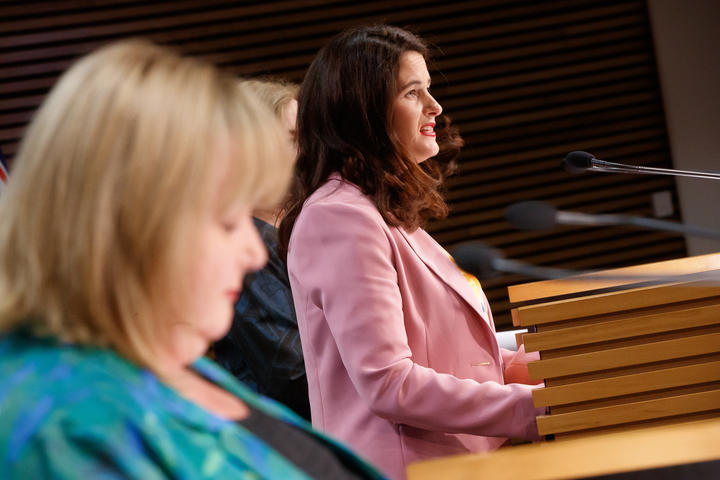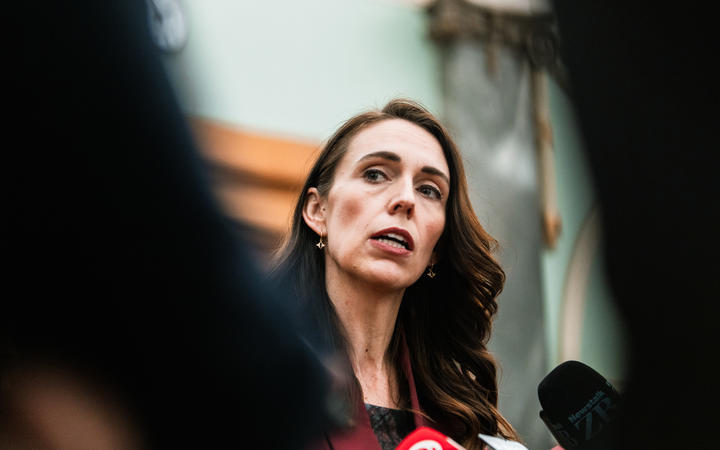COMMENTARY: His Majesty King Tupou VI has called on voters to elect the best MPs to Parliament.
How are they to ensure this happens?
In this critical time before the general election next month, voters should ask whether their leaders have been honest, fair, ethical and kept the promises during the last election. The people need an honest government that distributes development projects fairly and makes sure their benefits last a long time.

Voters should scrutinise the candidates for election closely to make sure they elect the best people to Parliament this coming election, as the king wishes.
Taxpayers and donors’ money
They must also be aware that they pay part of the costs of the government’s projects through their taxes. The rest comes from overseas aid. The controversial road construction programmes that have been carried out have been funded by the people’s tax money and overseas donors. They were not personally paid for by the Prime Minister or the MPs and Cabinet Ministers whose constituencies have been favoured with the work.
Voters should also understand that the weaving houses, toilets, bridges, wharves and upgrades for local airports, including the recently announced multi-million pa’anga upgrade for Vava’u International airport were not paid for out of the Prime Minister’s pocket.
They were paid for by the taxes people paid and overseas grants and aid.
It’s election and campaign times
Voters must understand that any project or significant event or ministerial campaign that is staged by the government from now until the election are government’s duties, not special things that have been funded by the Prime Minister and the Cabinet Ministers for the benefit of the voters.
If politicians, especially the government ministers, have visited your houses recently – especially in the outer islands – and met your elders you should ask why they are visiting now when it is close to the election and why they did not come last year or the year before.
Voters should understand that it is the responsibility of the government to build and repair roads, wharves and bridges and meet the people’s urgent needs through local development projects such as constituency and local wardens fundings.
Government must be fair, ethical and honest
Government MPs and Ministers have this power. What voters need are Parliamentarians who can do it more fairly and more honestly than Prime Minister Pōhiva Tu’i’onetoa’s government. Having said that, we acknowledge that some people have said they are happy the government has built toilets and weaving houses for them and repaired roads. This is why they will still vote for them despite the many accusations which laid against the government.
However, we would urge these people – and every voter in this election – to subject this government to the closest possible scrutiny. Have they really done such a good job? Have they kept their promises? Have they treated everybody fairly and distributed improvement projects equally?
This government’s failures
This government might fail such close scrutiny. The Prime Minster has been accused of abusing his power and lying to the public. He has been accused of staging a national fasting programme to allow him and his Cabinet Ministers to tour the outer islands at the same time they and their wives were being paid travel allowances from the government’s coffers.
Democrat supporters have long complained about the roading programme, which has been mired in controversy since it was revealed that contracts have gone to friends of the government, including Tu’i’onetoa’s People’s Party (PAK – Paati ‘A e Kakai) bigwig and convicted criminal ‘Etuate Lavulavu. The only constituencies that are regarded as a priority for the roading project are those which voted for the PAK.
The control and manipulation of information has worsened under Prime Minister Tu’i’onetoa.
They were elected to Parl’t under PTOA banner
PM Tu’i’onetoa, MP Vātau Hui and MP Poasi Tei breached their promise to the people that they were with the PTOA Party in the last snap election. When Democrat leader ‘Akilisi Pōhiva died they defected and joined the Noble MPs in a premiership election in which voters did not have a say.
It is important for voters to confirm in this upcoming election where they want their MPs to stand in terms of party line and political blocs.
If the people can bring pressure to bear on their MPs to vote for the Prime Minister of their choice then we will truly have a chance to elect the best people to Parliament.


 The government is under increasing pressure to ease restrictions in Auckland with National saying it would set a six-week deadline for ending lockdowns and that a target of 85-90 percent vaccination rates were ‘do-able’ within that timeframe.
The government is under increasing pressure to ease restrictions in Auckland with National saying it would set a six-week deadline for ending lockdowns and that a target of 85-90 percent vaccination rates were ‘do-able’ within that timeframe.



